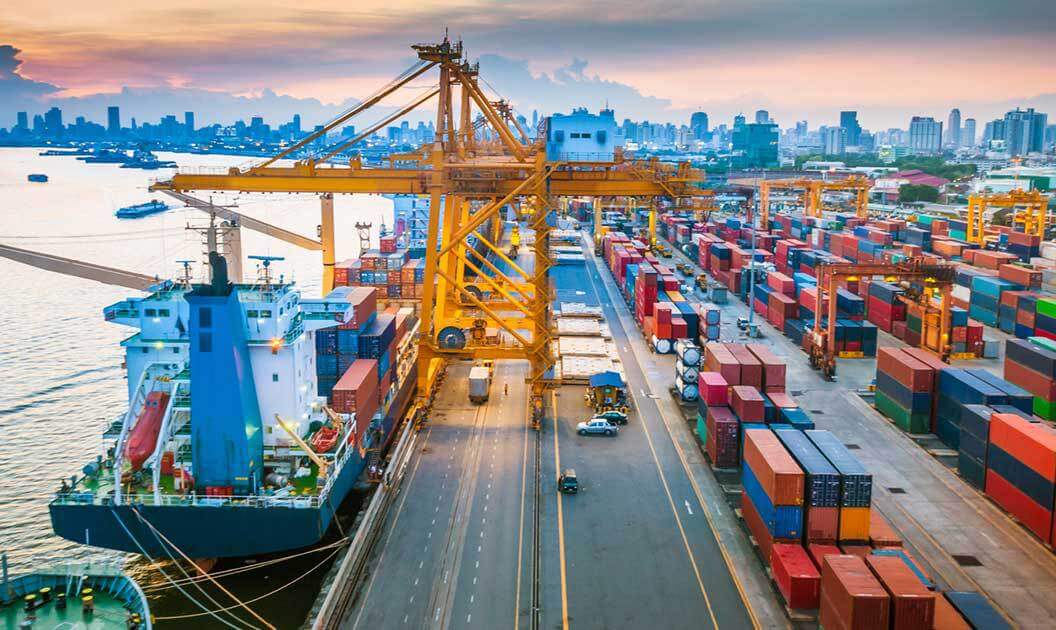
Understanding Carriers, Shipping Lines, Agents, and Freight Forwarders
In international shipping, many terms are often used interchangeably, but they actually have different meanings. Knowing the difference between carrier, shipping line, shipping agent, and freight forwarder can help businesses better understand logistics operations.
- Carrier / Ship Owner
A carrier, or ship owner, is the company that owns the vessel. They are responsible for operating the ship, hiring crew, and ensuring that goods are transported safely across the sea.
- Example: Maersk, MSC, COSCO.
- Their role is mainly to provide the transport capacity.

- Shipping Line
A shipping line is usually the same company as the carrier, but it focuses on the commercial operation of routes. The shipping line manages schedules, publishes freight rates, and organizes the deployment of ships across different trade lanes.
- Example: CMA CGM operates services on Asia–Europe, Asia–US, and other routes.
- They sell space on ships, either directly or via agents and freight forwarders.

- Shipping Agent
A shipping agent acts on behalf of the shipping line at a specific port. They handle local operations such as:
- Booking confirmation and documentation.
- Arranging loading and unloading at the port.
- Handling customs paperwork and port fees.
- Communicating with shippers and consignees.
Think of them as the “local representative” of the shipping line in each country or port.

- Freight Forwarder
A freight forwarder is different from the shipping line. They don’t own vessels but arrange transport services for customers. Their job includes:
- Booking space with shipping lines.
- Consolidating cargo (LCL).
- Handling export customs clearance.
- Offering door-to-door delivery, trucking, and warehousing.
- Sometimes providing value-added services like insurance and packaging.
Freight forwarders act as the customer’s logistics partner, simplifying complex shipping processes.

How They Work Together
- The ship owner / carrier provides vessels.
- The shipping line organizes trade routes and sells space.
- The shipping agent manages local port operations.
- The freight forwarder works for the shipper, arranging bookings with carriers or shipping lines and offering full logistics solutions.
In short:
Carriers move the ship, shipping lines sell the space, agents handle local port tasks, and freight forwarders serve the customers.
